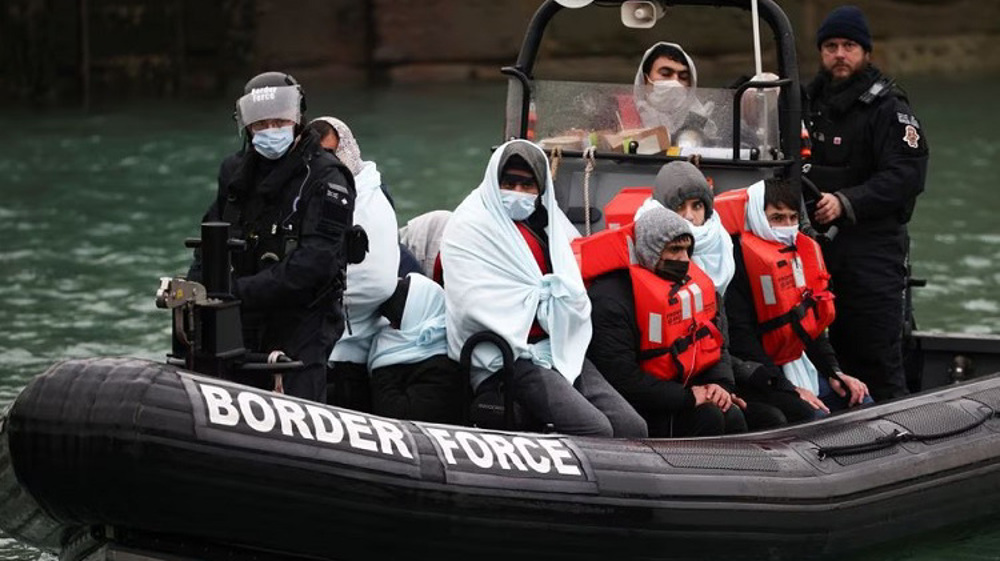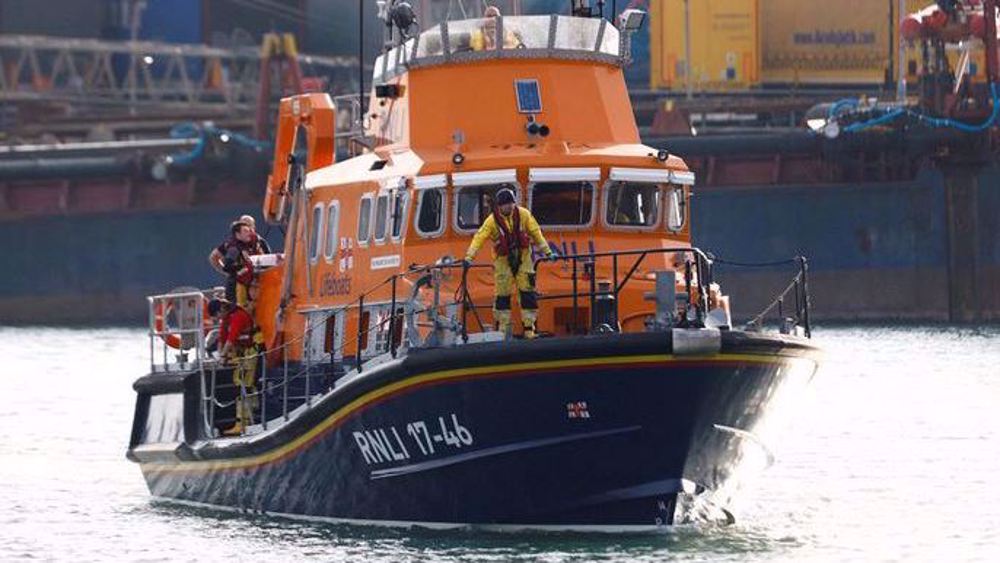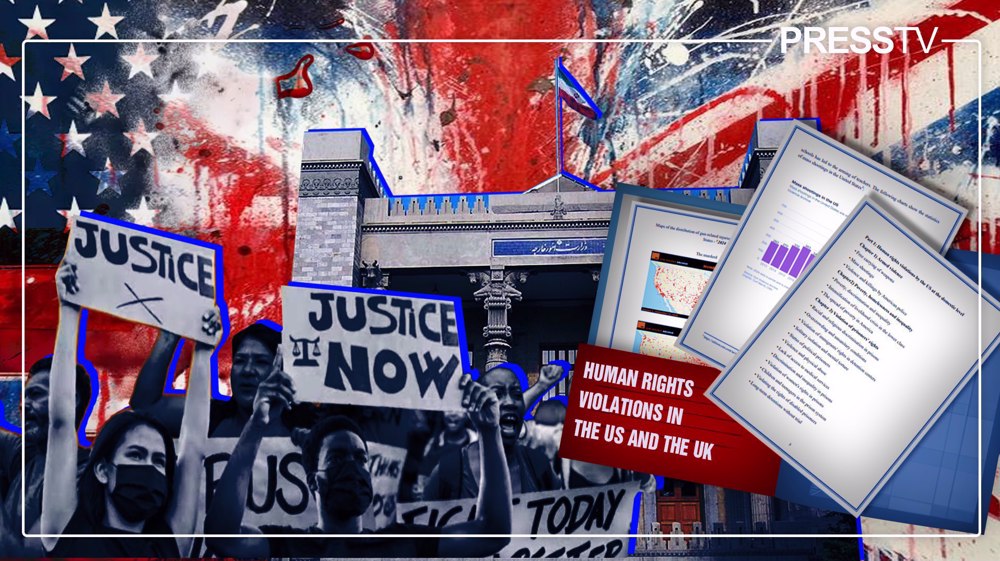‘Catastrophic mental, physical harm’ waiting for refugees: UK healthcare professionals slam Rwanda deportation scheme
Hundreds of healthcare professionals across the UK have raised the alarm over the government’s controversial Rwanda deportation scheme, warning that the plan will cause ‘catastrophic mental and physical harm’ to refugees, in advance of a court of appeal hearing on the policy.
In a letter to the prime minister on Monday, more than 830 UK health professionals and representatives from leading medical bodies expressed “grave concerns” over the government’s mostly criticized plan to send asylum seekers to Rwanda.
“Subjecting people seeking sanctuary in the UK, many of whom have mental health conditions and have histories of torture, trafficking and trauma, to such an inhumane process is a matter of significant concern for the medical community,” the letter reads.
The scheme, which would see the UK pay Rwanda $145 million over the next five years, has faced backlash from NGOs, asylum seekers, and a civil service trade union that questioned its legality, leading the government to delay its execution.
The controversial plan will be considered in the court of appeal by three top judges on Monday after a group of asylum seekers brought the appeal.
The development comes after two senior judges in the high court found last December that the government’s plans were lawful.
Under the government’s 'Illegal Migration Bill', the ones who do make it to the UK “won’t be admissible to have their asylum claim assessed even if they are refugees coming from war-torn societies,” said Alexander Betts, Director of the University of Oxford Refugee Studies Center. Instead, they will face immediate removal either to their country of origin, or a third country, like Rwanda.
The government’s new plan comes as most of these asylum seekers qualify to have their claims considered in the UK under international law and the government cannot declare them inadmissible forcefully.
So far, no flights have taken place after the first scheduled flight to the African nation was stopped at the eleventh hour back in June, due to an intervention by the European Court of Human Rights (ECHR), followed by months of legal challenges which have since stalled the program.
The plan to send asylum-seekers to Rwanda, the British government claims, aims to disrupt illegal human trafficking gangs and reduce the number of refugees seeking a safe haven in the West.
Last year a record 45,756 people crossed the Channel in small boats. Hitherto, this year more than 5,000 have made the crossing, a similar figure to this time last year before the Rwanda announcement was made.
Apart from its casualties, the flow of illegal migrants has also soured Britain's relations with neighboring France, prompting a blame game between the two.
VIDEO | Austrian Muslim NGO dedicates aid collecting event to Gaza
Israel launches three raids on Lebanon in fresh truce breach
Dec. 26: ‘Axis of Resistance’ operations against Israeli occupation
Israeli forces raid Kamal Adwan Hospital after killing 53 in airstrikes
Pezeshkian to visit Russia next month to sign partnership pact
'Hypersonic' Yemeni missile hits Tel Aviv after Israeli airstrikes
VIDEO | Iran emerging as aviation service hub through innovative solutions
Iraq exhuming remains of 100 Kurdish women, children killed by Saddam











 This makes it easy to access the Press TV website
This makes it easy to access the Press TV website